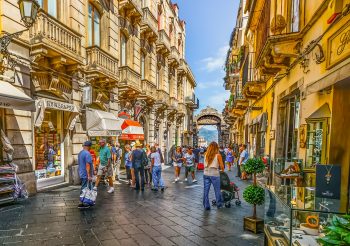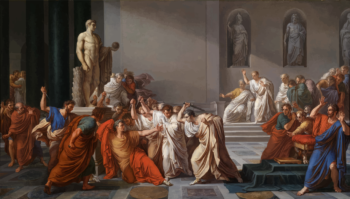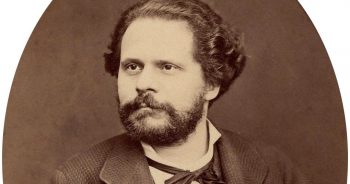Italian Tongue Twisters Posted by Bridgette on Jul 3, 2020

Tongue twisters, scioglilingua in Italian, are always a fun and challenging way to improve your language skills. As kids I am sure all of you challenged yourself and your friends to repeat some common English tongue twisters. It is a great way to practice both pronunciation as well as clear and speedy speech. Vi…
Indirect and Direct Object Pronouns Posted by Bridgette on Jun 28, 2020

Oh, pronouns! Last week we saw them in certain expressions. This week, let’s take a look at indirect and direct object pronouns in more detail. Learning these little important tidbits in any language always seems to be a bit of a pain, and in Italian it’s no different. But without them we would sound repetitive…
Il vocabolario – fare shopping Posted by Bridgette on Jun 21, 2020

Ciao a tutti! Depending on where you are located, stores may just be beginning to open back up after the pandemia, so here is some fare shopping vocabulary. Here in the US, we like to say we are “just browsing”. In Italy you would either say “vorrei dare un’occhiata” or “vorrei guardare un po‘.” Italians…
Italian Passato Remoto Posted by Bridgette on Jun 13, 2020

Ciao a tutti! Last week when you read the story La lepre e la tartaruga, you may have noticed a different verb tense, the passato remoto, the remote past. The passato remoto is typically a narrative past tense that is used to recount historical events or actions in the distant (remote) past. It is also commonly used in…
Italian Folklore – The Tortoise and the Hare Posted by Bridgette on Jun 5, 2020

I am sure you grew up reading a few fables, most of which surely came from Aesop, a storyteller from Ancient Greece who lived during the years 620 BCE – 564 BCE. Below is the fable the Tortoise and the Hare in Italian. Leave a comment letting me know what you think the moral of…
Italian Onomatopoeia Posted by Bridgette on May 30, 2020

Ciao a tutti! Today I want to explore the linguistic phenomenon of onomatopoeia, which is the formation of a word from a sound associated with that word. It originates from the word ὀνοματοποιία in the Greek language which means ‘making or creating names’, and in English we use it to describe the unique words made to imitate…
San Martino – Giosuè Carducci Posted by Bridgette on May 23, 2020

Buongiorno! Today I want to share with you all a poem by Giosuè Carducci, who was regarded as the official national poet of modern Italy. He became the first Italian in 1906 to receive the Nobel Peace Prize in Literature. The English translation is posted at the end as well, but I challenge you…


